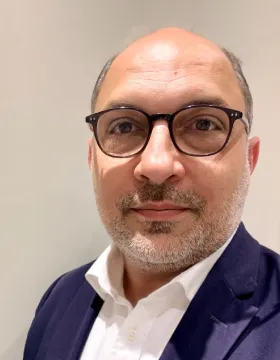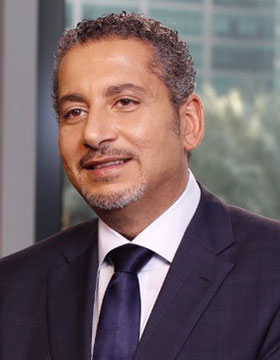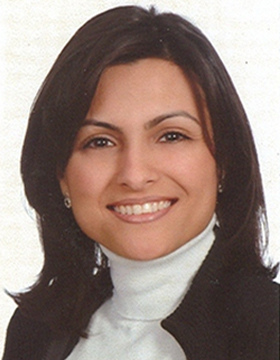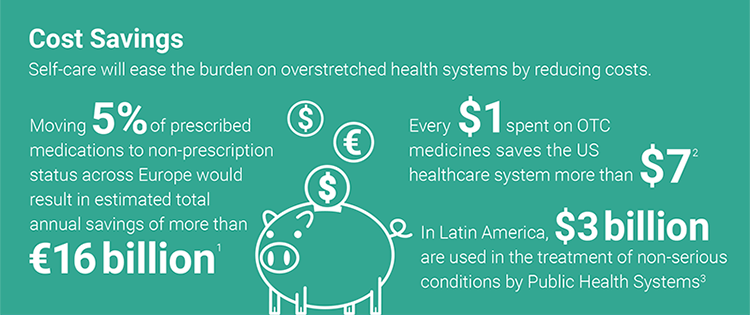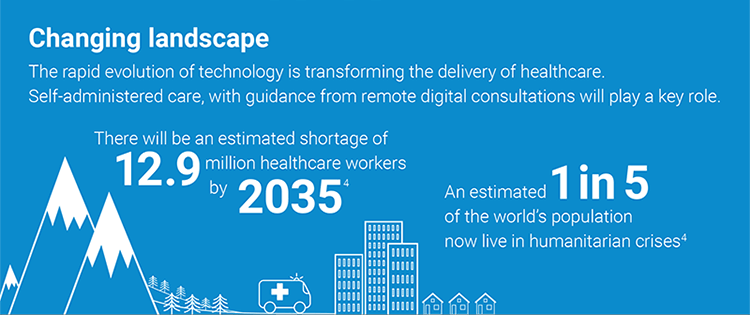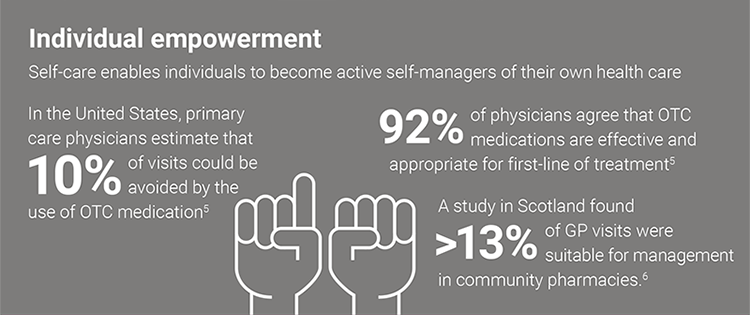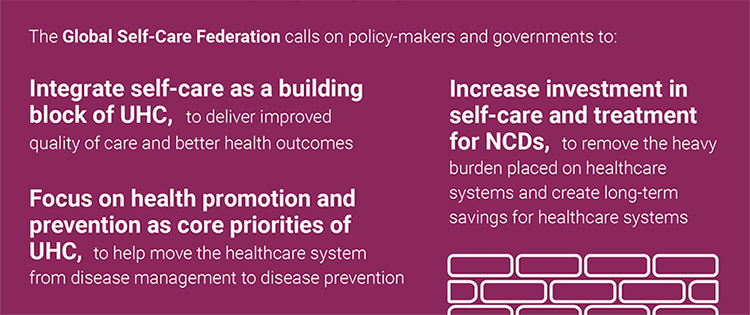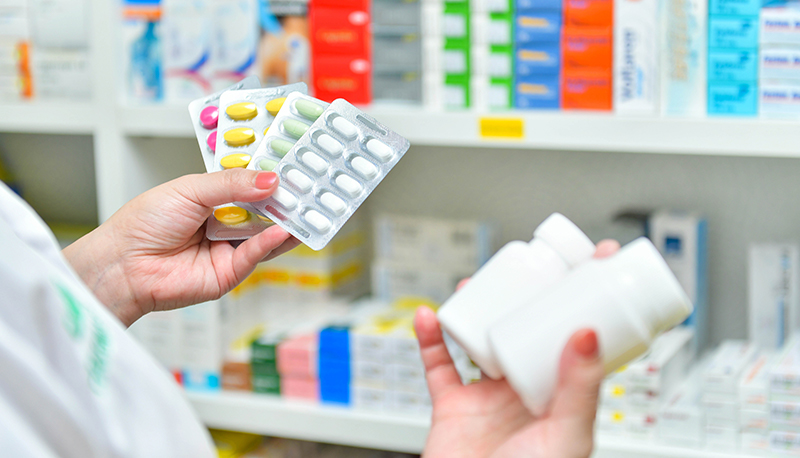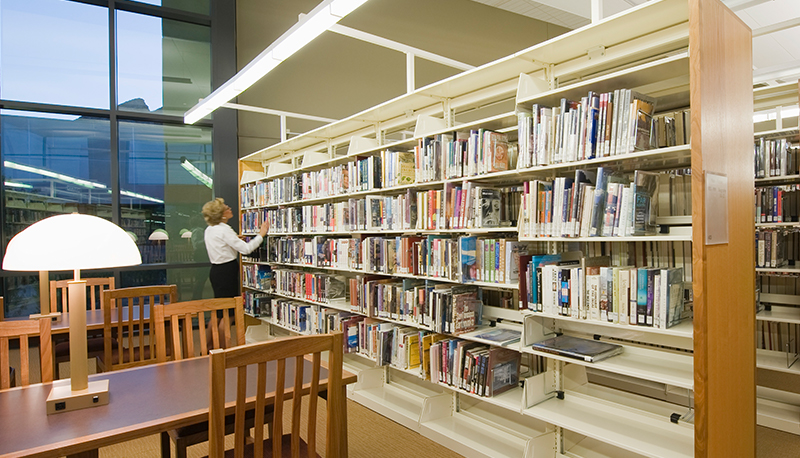Board of Directors
Kamal Ubaysi
Chairman
Global Head of Digital Commercial Programs, Sanofi Consumer Healthcare.
Ramez Sawiris
Vice-Chair
Vice-Chair, Senior Director R&D Lead Middle East, and Africa, Haleon.
Soufia Hannah
Treasurer
Regulatory Affairs & Medical Services Director, ME, Africa, West Asia, Reckitt.
Mejad Shiyab
Board member
Regulatory Affairs Head Middle East, Africa, Turkey & Pakistan, Bayer Consumer Health.
Tarek Abdelaziz
Vice Chair
Vice President – P&G Personal Health Care (Arabian Peninsula Levant, South Africa & Egypt).
ABOUT MENAP SMI
Our Vision, Mission and Objectives
Our Vision
MENAP-SMI (Middle East, North Africa, Pakistan Self Medication Industry) is a not-for-profit organization which represents manufacturers of non-prescription medicines, food supplements and self-care medical devices (all also designated as Consumer Health Products), based in the MENAP region.
Our Mission
The mission of MENAP-SMI is to promote better health through responsible self-medication and personal well-being.
MENAP-SMI works to creating a partnership with governments and other stakeholders and acts in the best interests of patients, consumers, and industry.
Our Objective
- Conduct scientific research, economic analysis & communication actions promoting responsible self-medication
- Provide strategic support to members and be the self-medication industry representative vis a vis the official bodies in MENAP region
- Organize meetings and conferences with key stakeholders in the self-care industry
- Cooperate with public authorities, local and regional associations linked to self-care industry
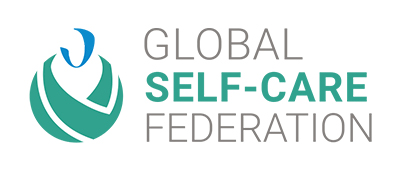
The Role of Self-Care in
Universal Health Coverage
What is UHC, and why is it important?
Universal health coverage (UHC) ensures all people, everywhere, can access quality essential health services with financial protection. It is firmly rooted in the human right to health and requires strong political leadership. Because affordable, accessible, quality health services unlock people’s potential, UHC is one of the smartest investments countries can make. And nearly all countries, including low income countries, have the capacity to mobilise the resources required to achieve UHC. Achieving UHC is essential for inclusive development, prosperity, gender equality and fairness.
THE ECONOMICS OF SELF-CARE
AFAMELA example
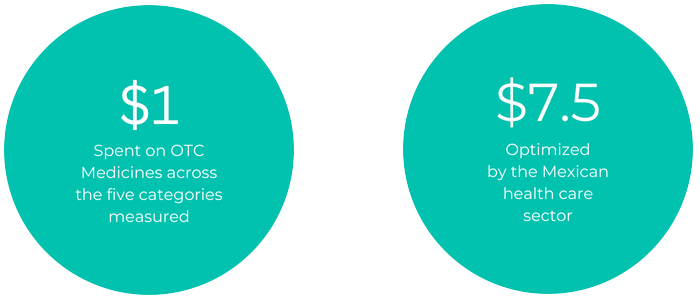
Study Overview and objectives
In order to demonstrate the potential economic and societal benefits of an increase in the number and variety of OTC medicines for consumers and patients in Mexico, Bayer commissioned a study (Sep-Dec´16) to quantify the cost differences between OTC self-care versus the costs for treatment through Mexico’s public health systems for several common, non-serious conditions.
Useful links
Afipa is a trade association that represents the self-medication medicines industry. Afipa’s role as a public health player is to promote self-medication within the public health framework with the best interest of patients/consumers, pharmacists, and enterprises that are part of the organization, as well as the society as a whole.
“The Voice of the Industry” – ASMI (Australian Self Medication Industry) is the peak body and authoritative voice for the consumer health industry representing the best interests of our members to the media, government and various other industry groups. To learn more about our activities
The Association of the European Self-Medication Industry (AESGP) is a not-for-profit organisation which represents the manufacturers of non-prescription medicines, food supplements and self-care medical devices in Europe, an area also referred to as consumer healthcare products.
NZSMI (New Zealand Self Medication Industry) is the premier body representing companies involved in the manufacture and distribution of non-prescription consumer healthcare products in New Zealand. The association also represents related businesses including advertising, public relations, legal, statistical and regulatory consultancy companies and individuals.
A member-based trade association, CHPA represents the leading manufacturers and marketers of over-the-counter (OTC) medicines and dietary supplements. CHPA members’ products provide millions of Americans with safe, effective, and affordable therapies to treat and prevent many common ailments and diseases.
The Global Self-Care Federation is a federation of regional and national associations, and manufacturers and distributors of nonprescription medicines on all continents. We are a Swiss association based near Geneva, Switzerland.
CHP Canada (Consumer Health Products Canada) is the industry association that represents the companies that make evidence-based over-the-counter medicines and natural health products. These are the products you can find in medicine cabinets in every Canadian home. From sunscreens and vitamins to pain relievers and allergy medications, people use consumer health products to maintain their health and manage their minor ailments. This is a fundamental part of self-care, which is vital to the health of Canadians and the sustainability of our health care system.
Pharmaceutical industry
Established in 2005, LEMM is a trade association consisting of Moroccan entities that operate in R&D and are branches of multinational pharmaceutical firms. The association’s goal is to provide patients, medical professionals and all healthcare providers with innovative healthcare solutions that meet the strictest international standards for both major illnesses and societal illnesses. In collaboration with its members, LEMM is dedicated to the enhancement and the development of the Moroccan healthcare system.


